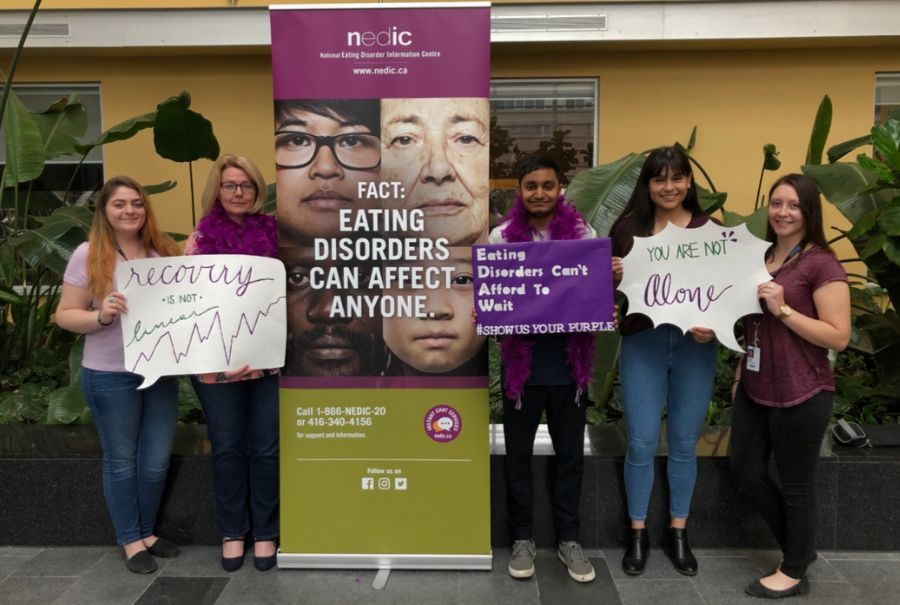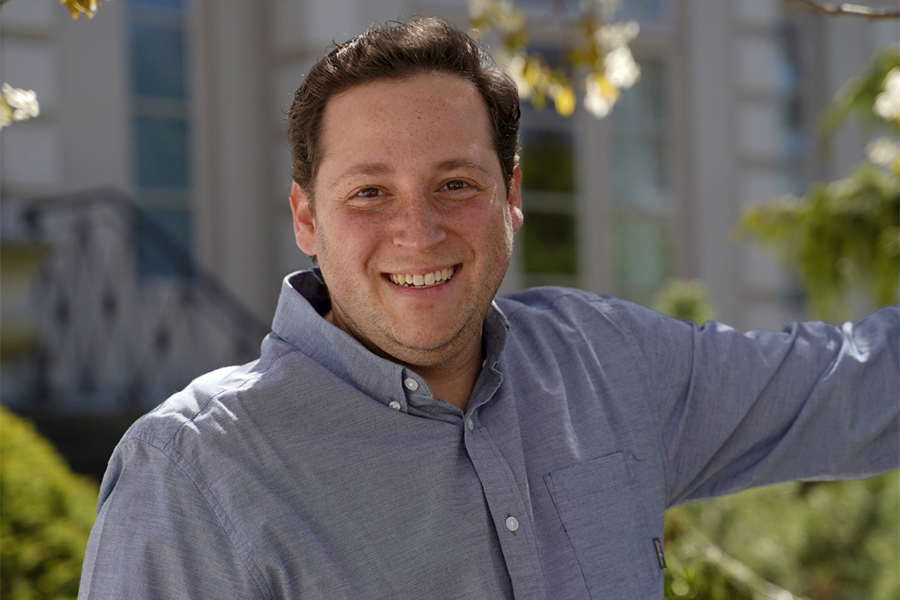Just as COVID-19 has changed the way we parent, grandparent, work and socialize, we know this holiday season will also be different. Regardless of whether you struggled with mental illness before COVID-19 or not, we’ve all been experiencing feelings like anxiety, depression, isolation sadness and stress more than usual.
In addition to protecting our physical health, it’s equally important to take care of our mental health during this unique holiday season.
We drew on the expertise of Dr. Susan Abbey, UHN’s Psychiatrist-in-Chief, for strategies you can use to protect your mental health this holiday season.

Remember: “These are difficult times, and it is okay to feel stressed, we need to remember that,” says Dr. Abbey. “I think one important message that applies to everyone is be kind to yourself.”
Ask yourself what you need during the holidays and beyond
The holidays are a hard time for many people, and with COVID-19 we know that it can be even more challenging. This year, it’s especially important to pay attention to your needs. Ask yourself, or write down, something you can do for yourself that would make you feel happy, refreshed and like you celebrated. This looks different for everyone but things like calling a friend, going on a walk to see holiday decorations, watching your favourite movies, celebrating the holidays in a new way this year and keeping healthy sleep/exercise habits in place are just some examples of small ways to fill those needs.
“Tend and befriend”
We all know that stress can evoke a fight-or-flight response, but Dr. Abbey points out another response that we can use to help us stay more connected and lower stress levels: “tend and befriend.”
When faced with stress try “tending.” That could look like taking care of yourself, taking care of others, or taking care of a plant or an animal. “Befriending” is when we reach out to our social connections for support. Both of these responses help to foster a deeper connection with other people and lower our own distress.
Connect with people
Relating to the “befriending” part of dealing with stress, it’s important to remember that though we’re being asked to physically distance, we don’t have to socially distance. Go for physically distanced (and masked) walks with a friend, and if that’s not possible for you, use technology! Technology like a video chat, a phone call, a text message or email is a great way to stay in touch. Here are some other things Dr. Abbey recommends trying:
- Establish a group of COVID-19 buddies; a small group of people who agree to check in on each other to provide support and friendship. Remember, with your friends you don’t just have to talk about COVID-19! Take a mental break and send positive or funny messages, memes or videos to your group to enjoy.
- Reconnect with past friends and check in on people who live alone.
- Start a virtual book, TV show or movie club with a group of friends. Set a date and time for a video call where you can all come together to share thoughts and ideas.
- Keep the phone or video call on with a friend while you do other things. You don’t have to be talking the whole time to be connecting. Try making dinner or watching a movie at the same time to feel connected without the added stress of having to carry a conversation the entire time.
Commit your time to a cause or activity
Dedicating some time each day to a cause or activity can help establish a sense of purpose. Things like painting, writing, playing guitar, practising altruism through donating to a charity, rallying behind a cause or volunteering are all great examples. Think about the things you were committed to before COVID-19 and ask how you can still practise those during the pandemic.
Practise self-care
Self-care is the foundation for our mental and physical health. Being kind to yourself and taking care of your emotional and physical needs may seem obvious, but when we’re under a lot of anxiety and stress, it’s easy to forget about. Try to make a conscious effort to tune up your self-care. Dr. Abbey recommends the following:
- Optimize your sleep.
- Try to maintain healthy levels of exercise/movement – even a short walk around the block can make a huge difference in your mood.
- Maintain a balanced diet.
- Find pleasures in daily life, whether it’s a funny video you shared with a friend or reading a great book.
- Be kind to yourself and others. Remember that the pandemic is affecting everyone in different ways.
- Limit your exposure to social media and the news.
- Cultivate optimism.
Use calming techniques
From meditation apps to breathing exercises, there are plenty of techniques you can use to calm down. It’s all about finding the one that works for you! Set aside some time (whether it’s five minutes or 30) every day to go back to the techniques that work best for you.
Here are some helpful strategies from UHN, including breathing exercises, passive muscle relaxation, meditation and more to try out when you’re feeling overwhelmed. For more information on stress reduction and management, try this UHN resource for managing stress.
Use available expert resources
UHN has an entire section of their patient experience website dedicated to COVID-19 resources that you can find here. Under each section, you’ll find plenty of resources to deal with stress, anxiety, depression, sleeping issues, traumatic stress, loneliness, where to find mental health support and more.
Here are more resources you can find online:
- Therapy and crisis support resources (free services available 24/7)
- Dealing with loneliness during COVID-19
- COVID-19 resilience training
- Mindful morning meditation app
- How to be physically active during the COVID-19 pandemic
- Managing anxiety and panic during COVID-19
- Preventing burnout during COVID-19
- Managing sadness during COVID-19
- Resource hub: mental health and wellness during the COVID-19 pandemic


